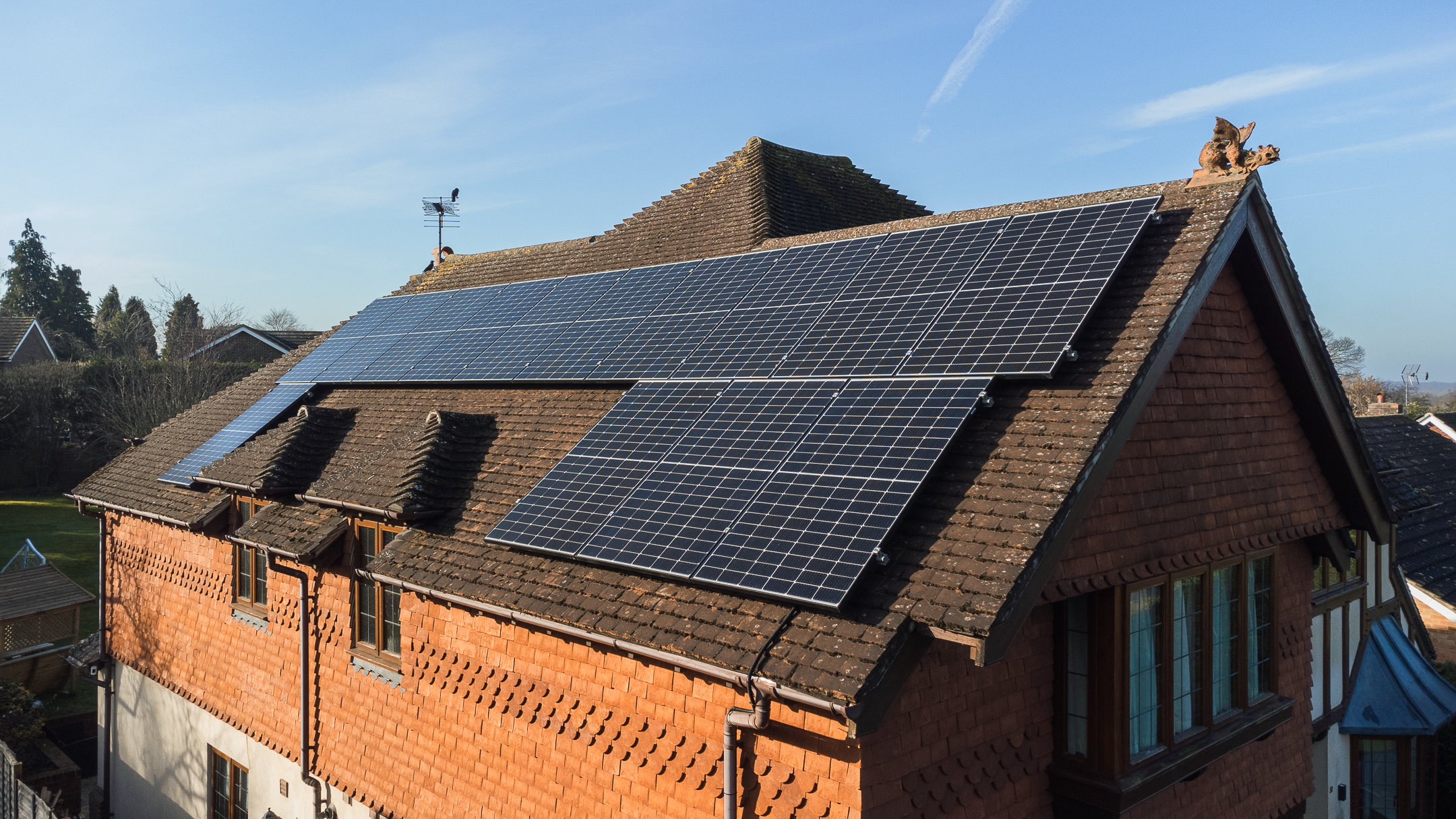Are you considering installing a solar energy system in your home? If so, it’s important to familiarise yourself with the terminology associated with solar power. Understanding these terms will not only help you make informed decisions about your solar system but also enable you to communicate effectively with solar professionals. In this guide, we will explain key terms related to solar energy and their significance in the context of solar power systems.
Battery Storage Systems
Battery storage systems are an essential component of a solar energy system. These systems use chemical reactions to store excess energy generated by solar panels during the day and convert it to AC power for use during the night or when there is a high demand for electricity. When selecting a battery for your PV system, it’s important to consider factors such as capacity, efficiency, and lifespan.
Solar Inverters
Inverters are devices that convert the DC power generated by solar panels into AC power that can be used in your home or fed back into the grid. There are different types of inverters available, including AC coupling and DC coupling. AC coupling is the most common type and is suitable for most residential solar installations. DC coupling, on the other hand, connects solar panels directly to batteries, allowing for more efficient energy storage.
Bypass Diodes
Bypass diodes are used in solar panels to prevent underperforming panels from affecting the production of other panels in the system. These diodes allow the current to bypass the underperforming panel, ensuring that the overall performance of the system is not affected.
Electrical Codes and Regulations
When installing a solar energy system, it’s important to comply with electrical codes and regulations to ensure the safety and efficiency of the system. The National Electric Code (NEC) is a set of standards that govern the installation of electrical systems, including solar power systems. One important requirement is rapid shutdown, which ensures that the system can be quickly de-energised in case of an emergency.
Net Metering
Net metering is a billing arrangement that allows homeowners with solar power systems to generate credits with the utility company for excess energy produced by their system. These credits can be used to offset the electricity consumed by the grid when the solar system is not producing enough power, such as during the night or on cloudy days
Panel Mismatch
Panel mismatch occurs when one or more solar panels in a system underperform, reducing the overall output of the system. This can be caused by factors such as shading, dirt, or manufacturing defects. It’s important to address panel mismatch to ensure optimal performance and maximise the energy production of your solar system.
Power Density
Power density is a measure of the amount of power per unit of mass. When choosing a PV inverter, power density is an important factor to consider, as it affects the size and weight of the inverter. Higher power density inverters are more compact and lightweight, making them easier to install and transport.
Power Optimisers
Power optimisers are DC-to-DC converters that maximise energy harvest from PV systems by tracking the maximum power point of each individual solar panel. These optimisers optimise the performance of each panel, ensuring that the system operates at its maximum efficiency.
PV Inverters
PV inverters are devices that convert the DC power generated by solar panels into AC power for use in your home or to feed back into the grid. There are different types of inverters available, including string inverters, DC-optimised inverters, and micro-inverters. String inverters are the most common type and are suitable for most residential installations. DC-optimised inverters and micro-inverters offer advantages such as panel-level monitoring and increased energy production.
Monitoring Systems
Monitoring systems provide information about the performance of your PV system, allowing you to track its energy production and detect any issues or underperforming panels. There are different types of monitoring systems available, including embedded monitoring systems, add-ons, monitoring at the string level, and monitoring at the panel level. These systems help you ensure that your solar system is operating at its optimal level.
Three-Phase Power
Three-phase power is a type of AC power that is commonly used in electrical grids to transfer electricity. It ensures a constant power supply and is typically required for larger commercial solar systems.
Time of Use (TOU) Rates
Time of Use rates are electricity pricing structures that charge consumers different rates depending on the time of day. These rates are designed to encourage consumers to shift their energy usage to off-peak hours when electricity is cheaper. Solar power systems can help homeowners take advantage of TOU rates by generating electricity during peak hours and reducing their reliance on the grid.
Energy Credits & Billing
Solar power system owners can accumulate energy credits for the excess electricity they generate and supply back to the grid. These credits are reconciled for the total year, and a bill is sent to the homeowner for the net amount owed to the utility company. Understanding how energy credits and billing work can help you assess the financial benefits of your solar system.
Commercial System Sizes
Commercial solar systems come in different sizes, depending on the energy needs of the business. 480V and 208V are common system sizes for large and small commercial installations, respectively. These system sizes are designed to meet the energy demands of commercial operations and can help businesses reduce their electricity costs and carbon footprint.
Understanding Solar Terminology
By familiarising yourself with these solar energy terms, you will be better equipped to make informed decisions about your solar power system. Whether you are considering installing a residential or commercial solar system, understanding these terms will help you communicate effectively with solar professionals and ensure that you get the most out of your solar investment.
If you’re interested in exploring solar energy options for your home or business, reach out to our team at Jewel Renewables. We have years of experience in the industry and can provide you with a free personalised quote.
Alternatively, you can contact us using our online contact form or give us a call, and our friendly team will be happy to discuss your requirements. Remember, going solar is not only a smart financial decision but also a sustainable choice that can help reduce your carbon footprint and contribute to a greener future. So why wait? Get in touch with Jewel Renewables today and start enjoying the benefits of solar power!

Our Tree Planting Mission
Find out more
